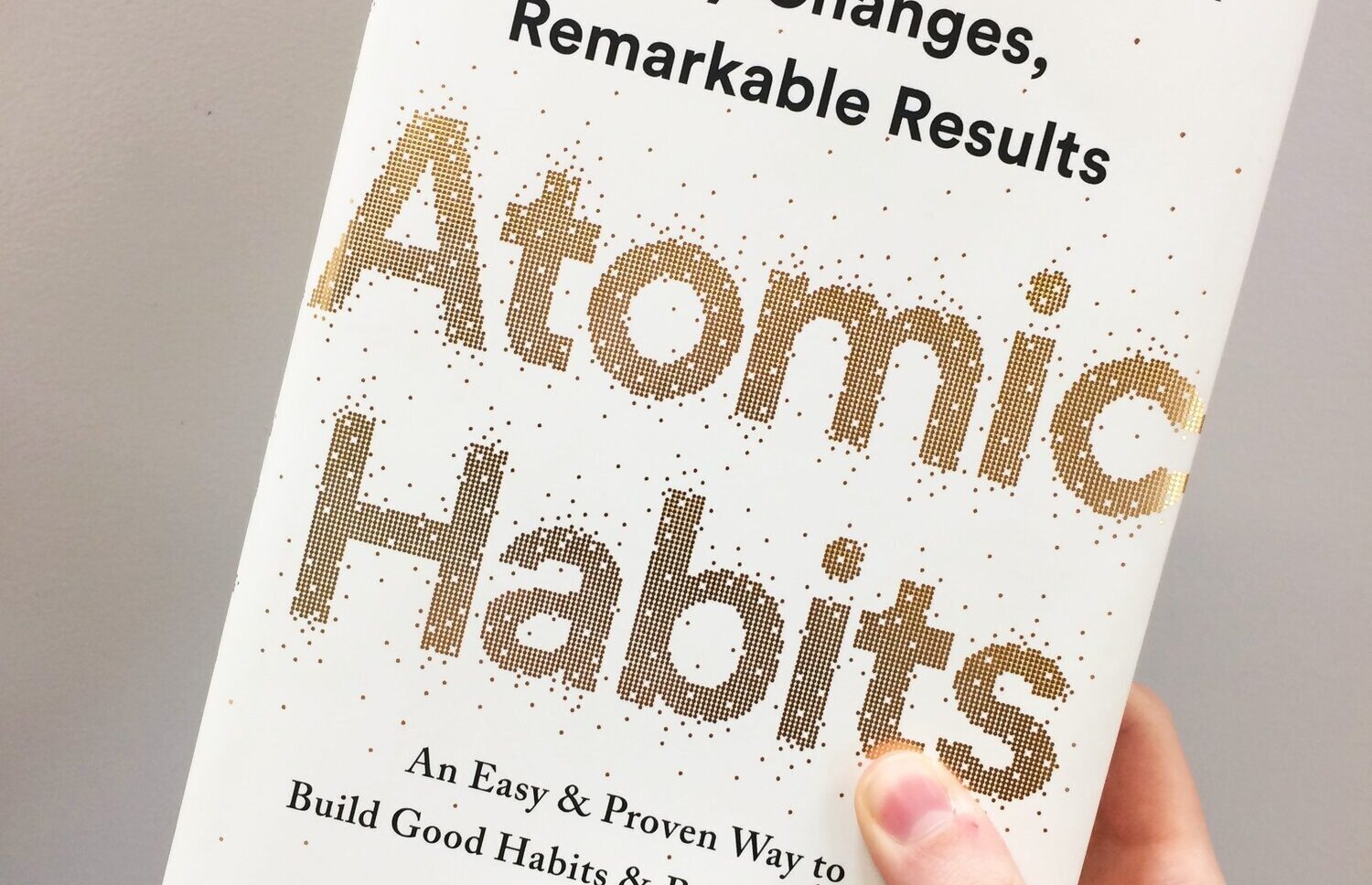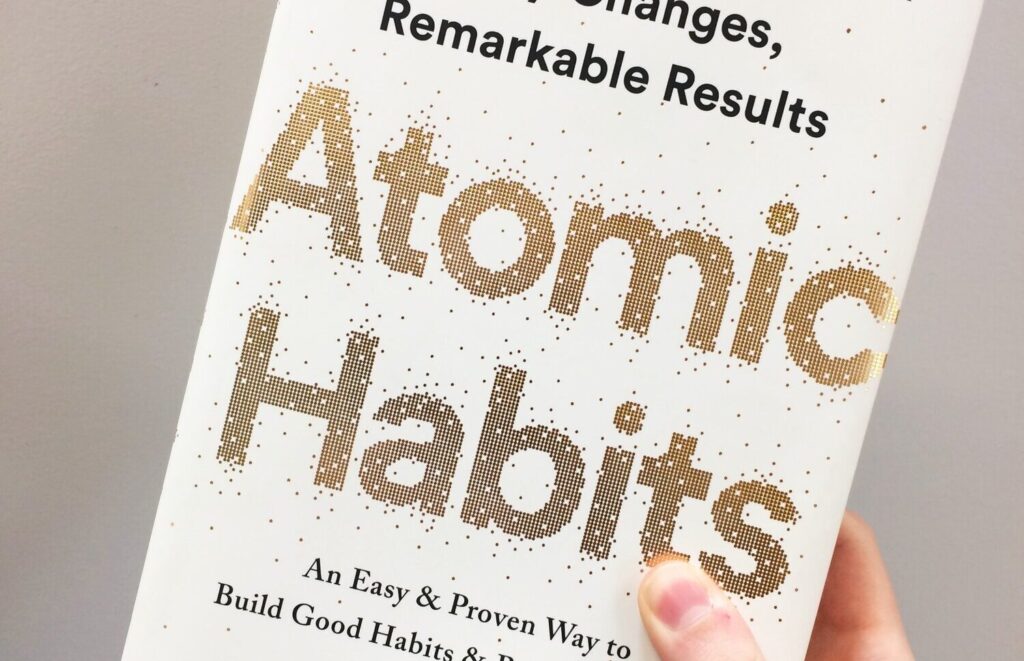Chapter 1
In 2003, British Cycling was one of the worst teams in the sport. No big wins, no Tour de France titles, and only one Olympic gold in a century. Then Dave Brailsford took over with a simple idea: improve everything, even just a little — by 1%.
They made small changes:
- better bike seats
- better handwashing to avoid illness
- custom sleep pillows for each rider
- painting the inside of the team truck white to spot dust
Each change on its own seemed small. But when they were all added together, the results were massive. Within a few years, British cyclists were winning Olympic medals, Tour de France races, and breaking world records.
This is the central idea of the book: small habits, when repeated daily, lead to remarkable results over time.
1.1. The 1% Rule
James Clear shows that if you get just 1% better each day, you’ll be 37 times better by the end of a year. But if you get 1% worse each day, you decline toward zero.

This chart shows how good and bad habits compound over time.
The important lesson: habits don’t seem to matter at first. The effects are small. But after weeks, months, or years, they lead to very different outcomes.
1.2. Progress Feels Slow Before It’s Fast
Improving your life is like heating an ice cube. At 25, 26, 27 F degrees — nothing happens. But at 32 F degrees, it suddenly starts to melt. All the heating before that wasn’t wasted — it was necessary to reach the melting point.
This is why many people quit too early. They think they’re not improving, when really, the results are just delayed. Clear calls this the Plateau of Latent Potential — the space between effort and visible results.
1.3. Your Daily Choices Add Up
Just like a plane that shifts direction by a few degrees ends up in a completely different city, your tiny daily habits shape your future.
- Eat one unhealthy meal? No big deal.
- Eat unhealthy every day for a year? Big problem.
- Read 5 pages daily? Small start, but years later, you’re deeply informed.
Habits are like compound interest for behaviour. They seem slow at first, then speed up.
1.4. Good and Bad Habits Both Multiply
Clear explains that good habits compound:
- Learning daily makes you smarter
- Saving money builds wealth
- Small acts of kindness strengthen relationships
But bad habits compound too:
- Small stresses add up
- Negative self-talk becomes your inner voice
- Delaying action becomes procrastination
1.5. Why Systems Matter More Than Goals
Most people set goals — like losing 10 pounds or writing a book. But Clear argues that goals don’t work on their own. It’s the systems (your daily habits) that create real change.
“You do not rise to the level of your goals. You fall to the level of your systems.”
Focusing only on goals makes change short-term. But good systems make improvement automatic and lasting.
1.6. Final Takeaways
- Tiny habits, repeated daily, lead to big change.
- Change is slow at first — stay patient.
- Success is about systems, not sudden breakthroughs.
- Time multiplies what you do — for better or worse.


